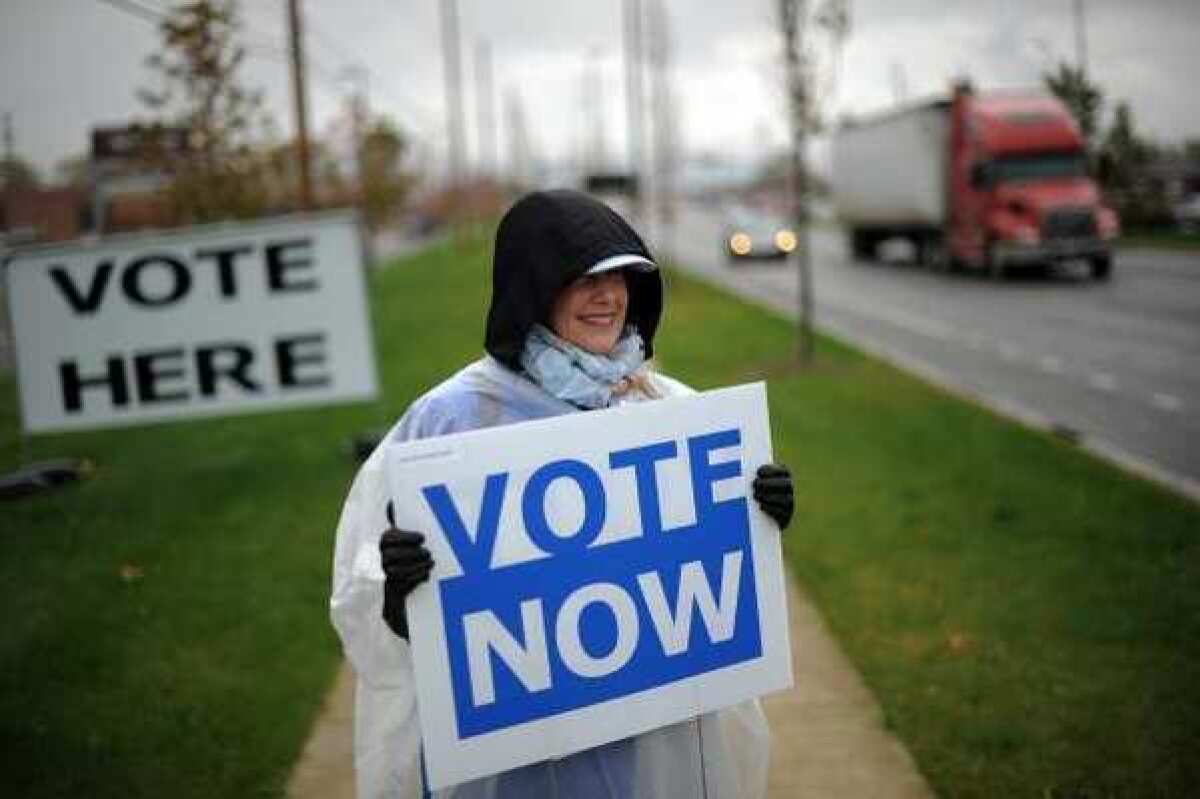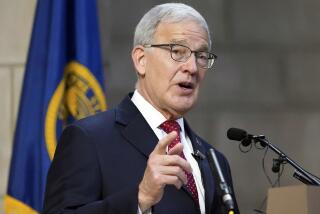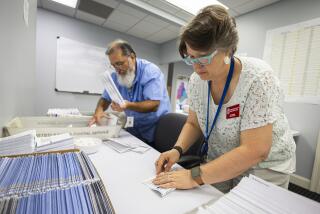Ohio has early voting, but other vote access issues remain

The U.S. Supreme Court put a final kibosh this week on Republican efforts to kill early balloting in Ohio, but voting rights advocates say they remain vigilant to assure that voter identification requirements don’t keep legitimate voters from going to the polls.
Identification requirements in a 2006 Ohio voting law still require more documentation than some voters will be able to provide on Nov. 6, said Kathleen Unger, an attorney who heads VoteRiders, a California-based nonprofit group that tries to secure voting rights for citizens around the country.
Ohio is one of 30 states with voter identification laws. Among the ID that Ohioans can provide to vote are: A driver’s license; the last four digits of a Social Security number; an alternative photo identification; a current utility bill.
Those requirements may seem reasonable, and a reasonable threshold, to those securely planted in the middle class, or doing even better. But the paperwork isn’t always as readily available to some old people and to those who have been out of work for an extended period, Unger said.
“Believe it or not, those who do not need and refer to their Social Security number on a regular basis may not recall -- or remember correctly -- their Social Security number,” Unger said. “This issue is emblematic of how so many of our fellow citizens do not understand the lifestyles of those who live truly modest lives, and who therefore interact with society in minimal ways.”
Other voters don’t drive or, as renters, don’t directly pay their utilities, Unger noted. One of the missions of VoteRiders is to give support, financially and otherwise, to groups in each state that help voters obtain those sorts of records. That can mean helping citizens get new copies of birth certificates that have gone missing, which can be a costly proposition for low-income voters. Wisconsin charges $200 to correct records when an individual has changed his name, Unger said.
“These voter ID requirements aren’t going away,” Unger said. “To the contrary, they seem to be increasing. So we support the ground organizations that help citizens get their voter ID.”
VoteRiders also tries to raise awareness via traditional and social media. Said Unger, a Los Angeles-based attorney who is a longtime political fundraiser: “This is just so fundamental.”
Twitter: @latimesrainey
More to Read
Get the L.A. Times Politics newsletter
Deeply reported insights into legislation, politics and policy from Sacramento, Washington and beyond. In your inbox three times per week.
You may occasionally receive promotional content from the Los Angeles Times.











